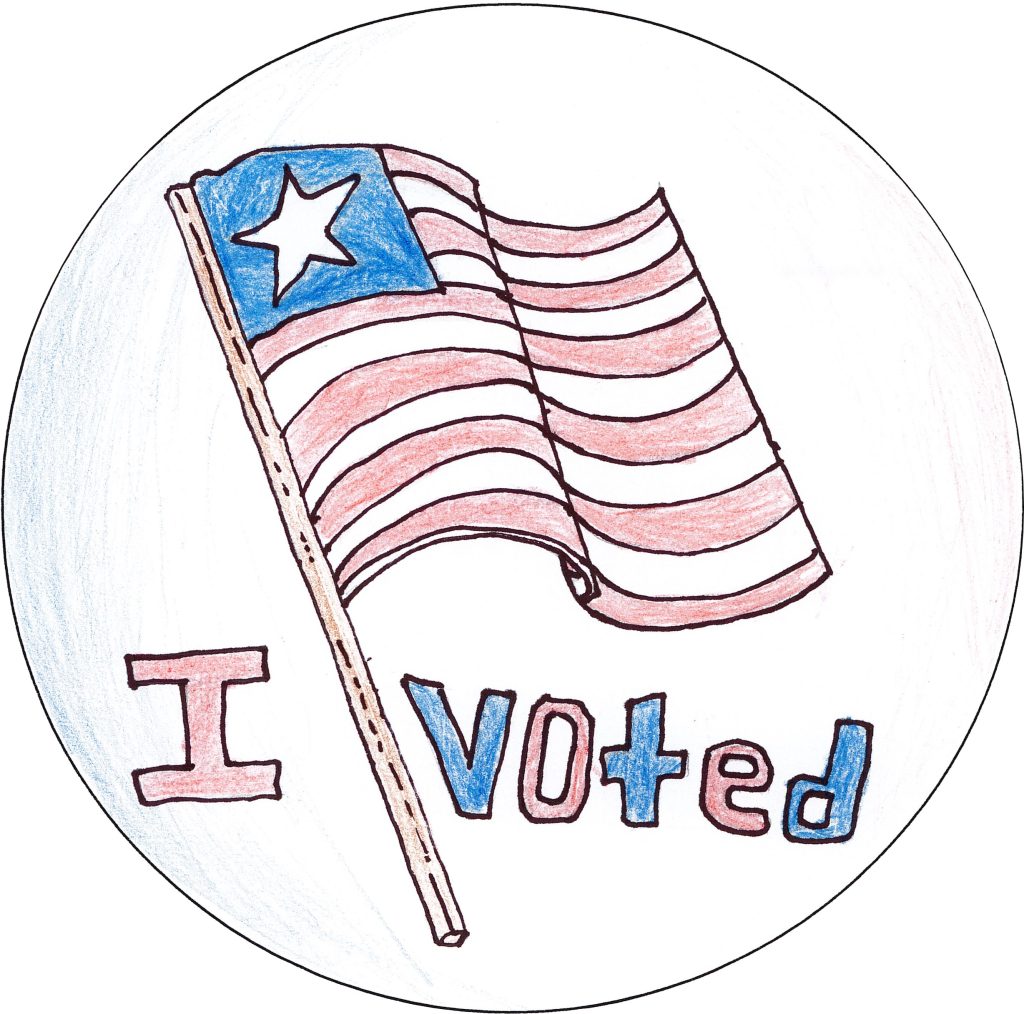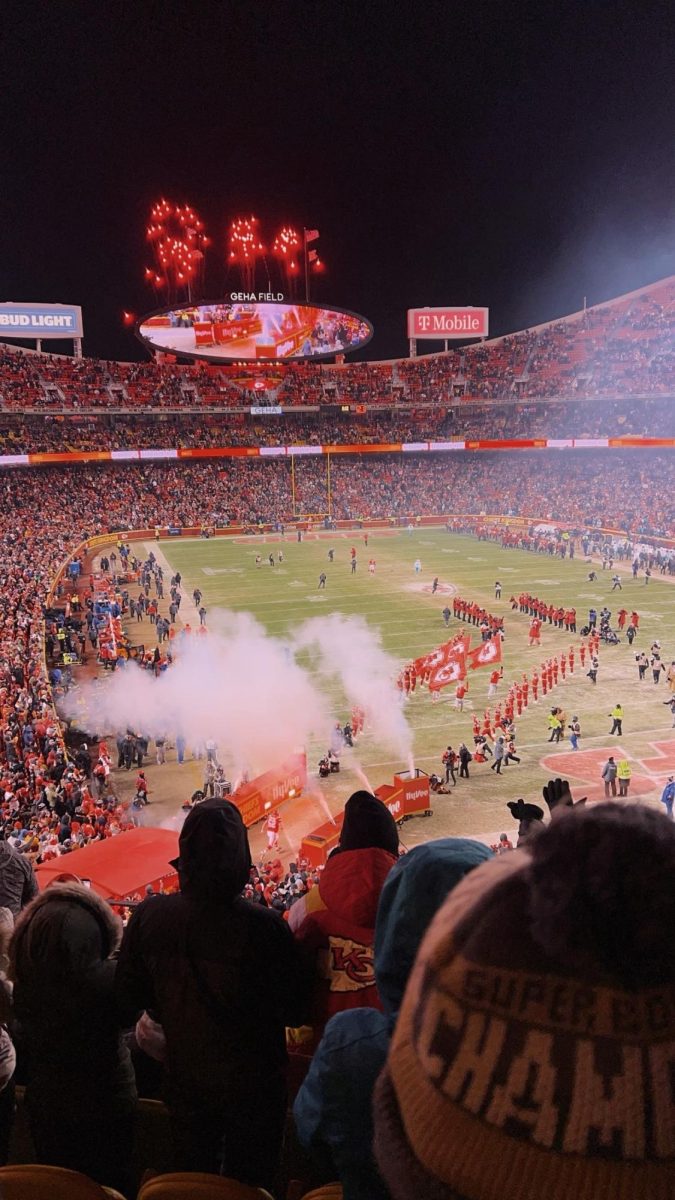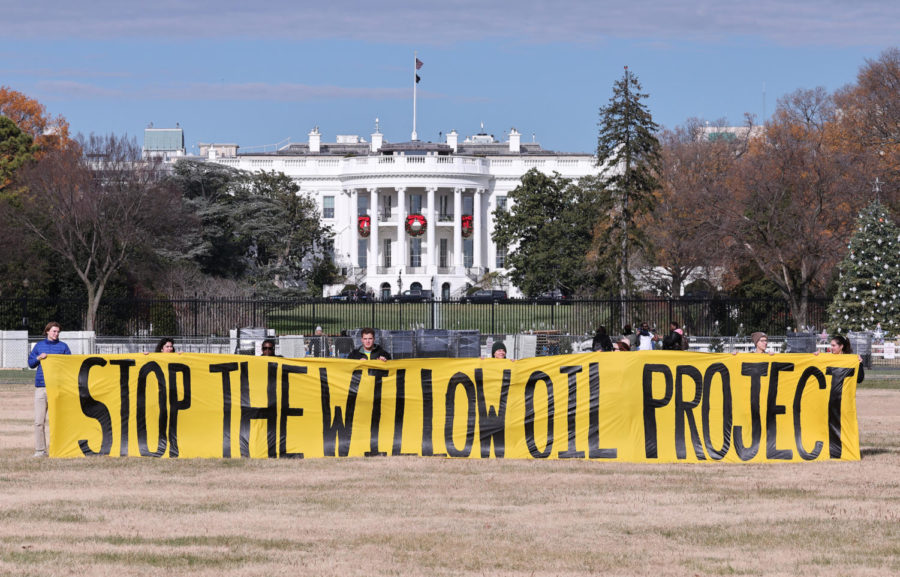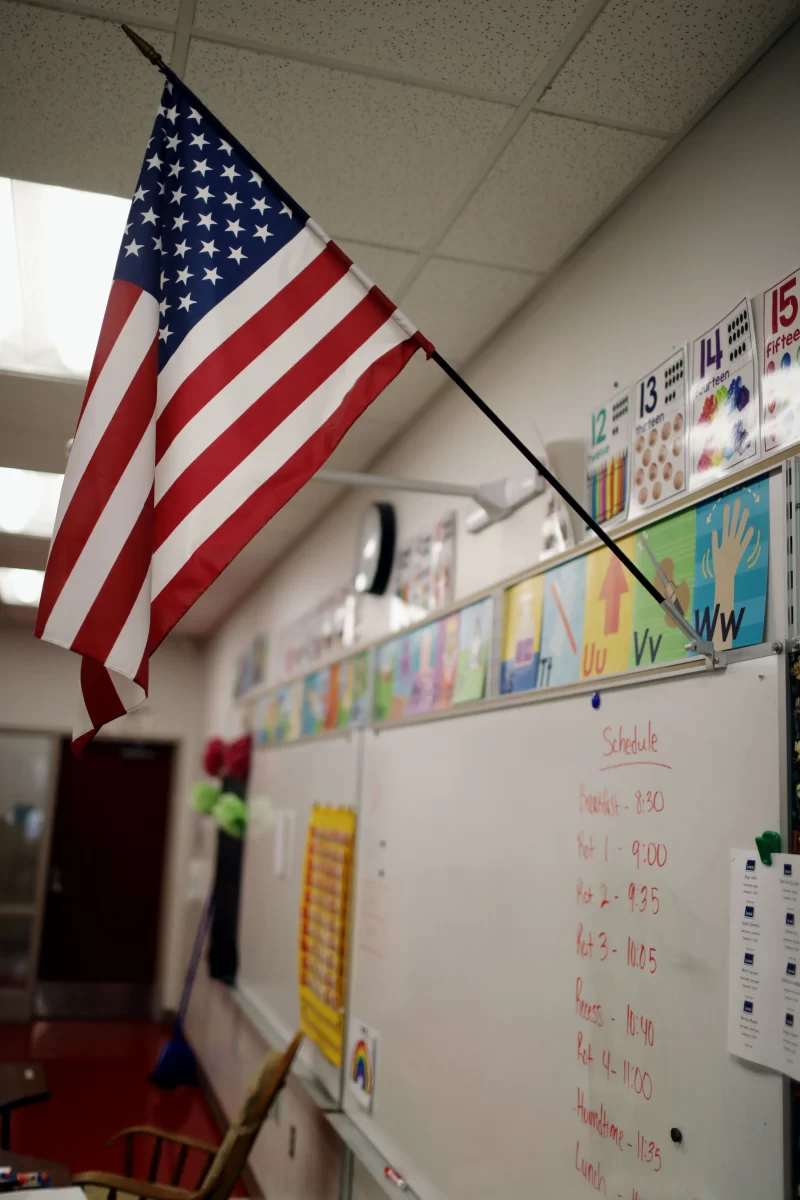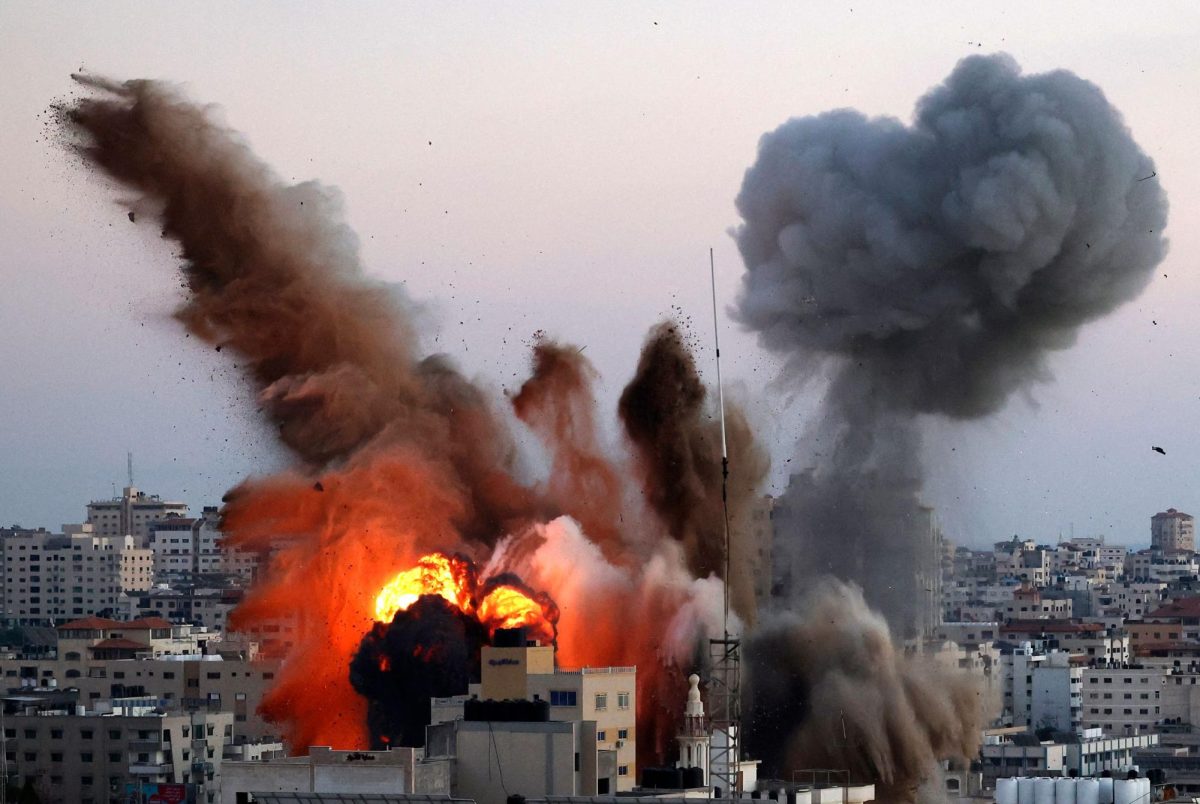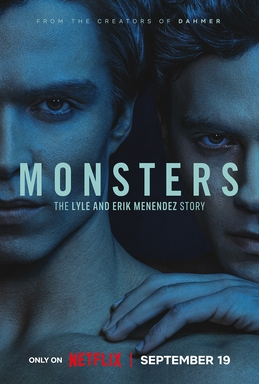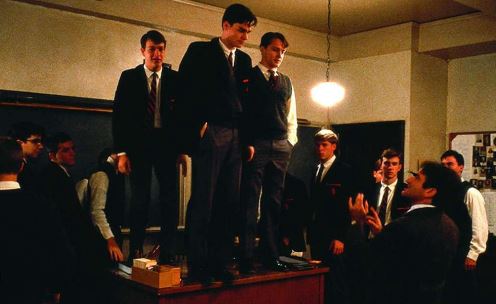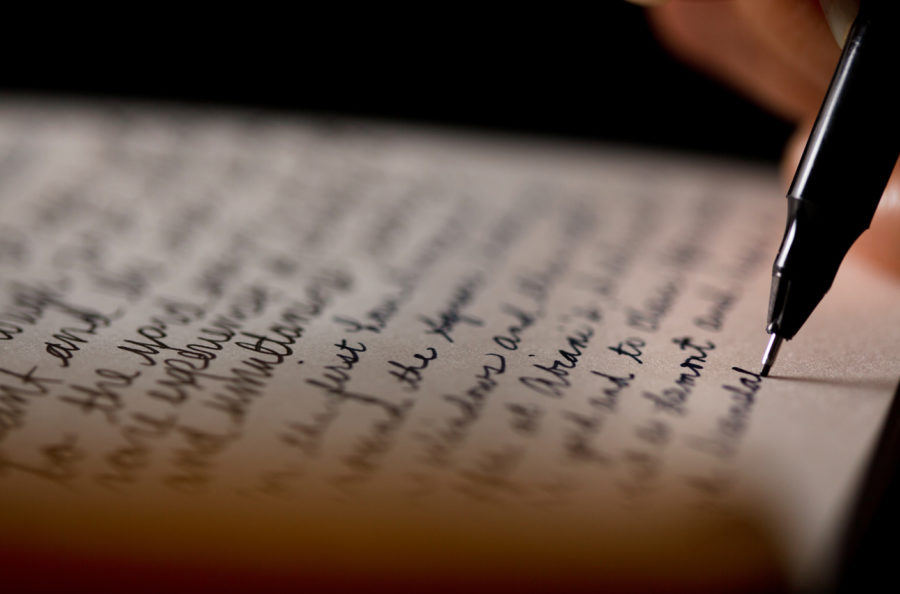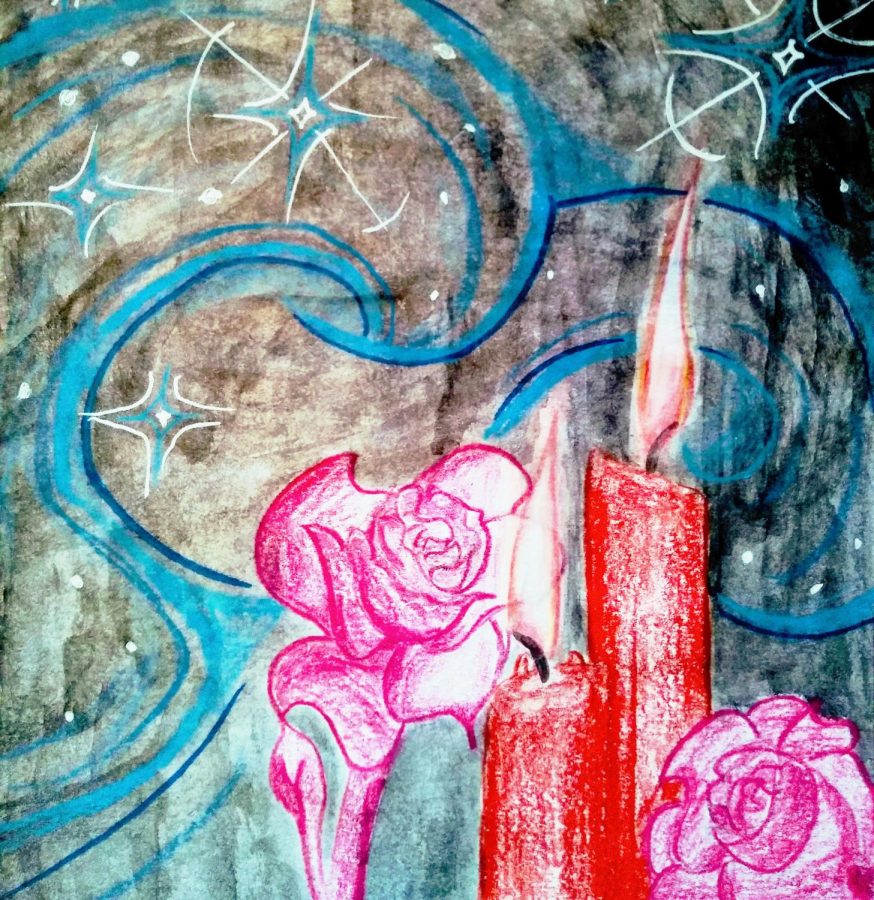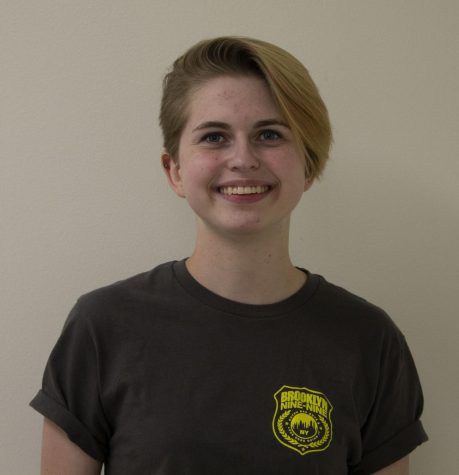TOP FIVE REASONS WHY WRITERS DON’T WRITE
December 6, 2019
- Writer’s Block: Creative blocks are often labeled as the downfall of all great artists. What people seem to overlook is the fact writer’s block doesn’t exist. Every writer has days when the words just don’t flow. Motivation is difficult and there are plenty of external reasons why a person may struggle to get their ideas down on paper, but the idea sometimes fate deems that no words will be written is a falsehood. If you want to write, then write. Sit down at your laptop and set a goal– on difficult days those goals may be on the small side. Aim for a hundred words, even if those hundred don’t make a lick of sense. Maybe you find inspiration and write a hundred more, maybe you don’t. Not everyone is Steven King, writing ten thousand words a day, but everyone can manage a small heap of incoherent nonsense. And do you know what that absolute nonsense means? You just spat on writer’s block ugly little constipated face.
- The Rules of Writing: We’ve all heard them. Don’t use adverbs, never use italics, outline your plot thoroughly before starting a novel. Many of these are decent tips depending on the situation, but more often than not they’re seen as laws engraved in stone. Here’s a secret, though– there’s no writing sniper waiting to take you out the moment “said quietly” appears on your page. It’s your story and you get to tell it how you want. If your editor makes a fuss about it later on, then feel free to refer to whatever dead white man deemed himself the writing guru and go from there, because at that point you have something you didn’t before. You have a story. There are plenty of small grammatical things you can fix during the editing process, but save sweating the small stuff for later. Just about everything but an empty page can be fixed in post.
- Creatively Challenged: It’s easy to feel like the ability to come up with unique ideas is a gamble of fate. It seems like some people are just clever. The thing about creativity is that it’s a skill, something learned with time and practice. A beginner writer struggles to match the elaborate plots of professionals not because they simply possess less ability to form ideas, but because the professional has years of experience. If your reason not to write to is because you can’t think of anything good to write, then you’re not writing enough. The first idea you have is bound to be shallow (and likely a cheap knock off of the last book you read) but as you practice formulating stories, you’ll find creativity starts to feel more natural. There isn’t a single part of the process that can’t be learned through a mix of reading and writing. It’s simply a question of how many hours you’ve put in.
- Everyone Else Is Better: There are some incredible writers out there, from J.K. Rowling to the kid in your class who always scores higher than you on essays. It’s nearly impossible not to compare your work to others and, as a result, get discouraged, but you’re in luck. There is exactly zero difference between good writers and bad writers, except, maybe, time. The best thing to do when you notice something in another person’s work that makes you feel bad about your own work is to commit a bit of petty theft. If they have stronger dialogue, then analyze what it is that makes it flow so well and incorporate it into your story. Feeling like your imagery falls flat in comparison? Use that! Writer’s who are better at their trade then you are do you an enormous favor. They’ve essentially given you a list of goals to strive for in an artform where it can be difficult to pinpoint exactly where improvement is needed. It can be hard to accept, but there will always be writers whose work is more elevated than your own, but since there is nothing to be done about it, use it to your advantage. Every time you read, there is learning opportunity waiting to happen, so long as you choose to take it.
- It’s Bad: Ten thousand words into your draft and only now realizing you’re story is bad? Fantastic! Keep writing. Every now and then you’ll come up with a piece you just aren’t feeling, and of course it’s alright to scrap something you have no inspiration for, but many writers find themselves caught up in the details way too early in the process. If you’re in love with your idea but frustrated with the way it looks on paper, then chances are your best option is to write what’s going to feel like the worst first draft ever. While a majority of fears will be a result of paranoia rather than actual poor form, if you’re convinced your rough draft is still absolutely vile, then congratulations! You’ve just written a rough draft the way it was intended to be: half baked, incoherent nonese. You’ve done everything right, because, if you have that draft, it means you’ve perceived through one of the most deadly fears a writer can have— the fear of writing badly. The truth is, all writing is bad at some point in its development. If it wasn’t, we would have no reason to edit.

